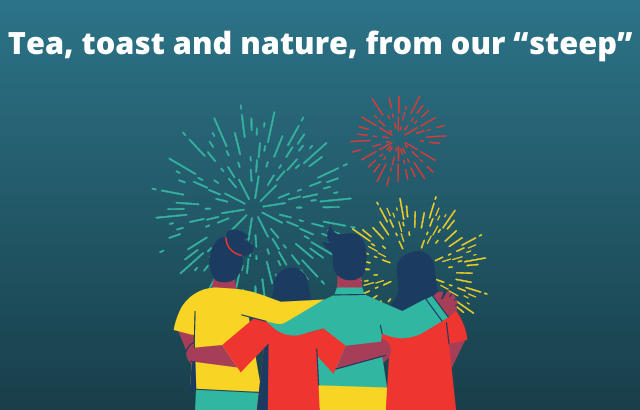 |
| What is a passive relationship? |
If you're not completely out of touch with any media, text, audio or video, you're bombarded with words like "ineffective relationships", "code dependency" and "toxic family systems". You have noticed that there is a lot of information available about these relationships but not much information about what to do about them. This month, I thought I’d give a brief overview of the different terms and their meanings, and a guide to the differences between these relationships and healthy ones.
- Ineffective relationships are relationships that do not perform their functions properly; This is because they do not emotionally support participants, do not encourage communication between them, do not challenge them appropriately, or prepare or strengthen them for life in the wider world.
- Cognitiveness means that in any relationship one or both individuals are becoming more important than the relationship on their own. A classic codependent engages in optimism with a partner who is out of control through drunkenness, addiction, or violent behavior; The term, however, has recently been used to refer to someone who feels dependent, helpless, and out of control in a relationship; Or unable to leave dissatisfied or offensive.
- Toxic family systems are relationships (starting with childhood families into adulthood) that are emotionally, emotionally, or physically detrimental to some or all of the participants. Code-based relationships can also be toxic relationships, although the term "toxic" is usually used to refer to more offensive species.
- In short, all three of these conditions refer to relationships that contain unhealthy interactions and do not effectively extend the lives of the people involved. People in this relationship are not taking responsibility for their own lives or the work of the relationship.
- Degrees, code dependencies, or degrees of toxicity may vary depending on the relationship. Most of us have a laid back attitude when it comes to painting a picture about ourselves, especially when we are tired, stressed or otherwise overburdened. What makes the difference between this normal, occasional human frailty and true medical dysfunction in our relationship is our ability to recognize, deal with, and correct the brief.
- The question to remember: what is not working and how can we make it work? Most people, when faced with a relationship problem or disagreement, start looking for a villain in comfort; That is, they want to know who is to blame. Responding to a problem by searching for someone to blame (even if it is itself) is an ineffective response. The practical question is not, "Whose fault is it?" But "What can we do to solve the problem?"
- When you try this, you will find that refusing to focus on blaming someone (yourself or your partner), and instead insisting on solving the problem will make a huge difference in all your relationships. Families that sit together, in family meetings, where everyone, including young children, discusses the problem from their point of view and everyone works together to solve the problem, are quickly effective.
- Couples who can sit together and discuss issues calmly, without blaming, criticizing and complaining, find that finding a mutual solution to their problems increases their commitment, their intimacy and bond together. Nothing binds you to a relationship with energy other than the awareness that you can solve whatever problem arises by working together.
- No relationship will be perfect, And how to successfully interact with your lover cannot be worked out in advance. Yes, you can learn basic communication techniques, build your self-esteem and develop patterns before coming together for a healthy, equal, balanced love - and these will be more successful when you find your relationship. However, because you are unique, and so is your partner, what works for both of you must develop a spot-on spot. The only way I can do this is through experience, communication and discussion.
- If you understand that your relationship must be healthy and satisfying for both you and your partner to be successful, you will also understand that you can reliably put your own desires, needs and desires before your own partner's feelings, needs and desires. Feelings before boyfriend.
- You can learn to achieve balance by focusing on solving problems and problems together through honest and open communication. That is, you can work together to make sure you both get what you need and want to meet, and you can both take equal care of your mutual satisfaction, health and happiness.
- Any other definition of love will degenerate into ineffectiveness and codependency and become toxic to you and your lover. It’s easy to find out if the solutions are mutually satisfactory - you ask each other how it feels and if it works. Starting your relationship with this idea in mind, or renewing an existing relationship on this basis is much easier and more enjoyable than you believe. I invite you to consciously focus your attention on what will fix the problem and whose interaction and communication needs to be enhanced and whether the mild or intense interactions you have will be significantly reduced. You can do this with relationships at home, with your parents, your children, your siblings and even friends and colleagues. Read more
The Best English Grammar Learning Website: https://msrnenglish.blogspot.com/






0 Comments
If you have any doubts, Please let me know.
Emoji